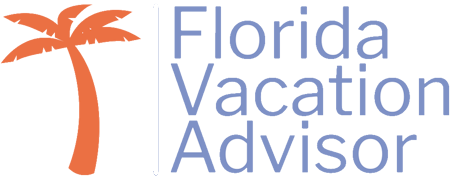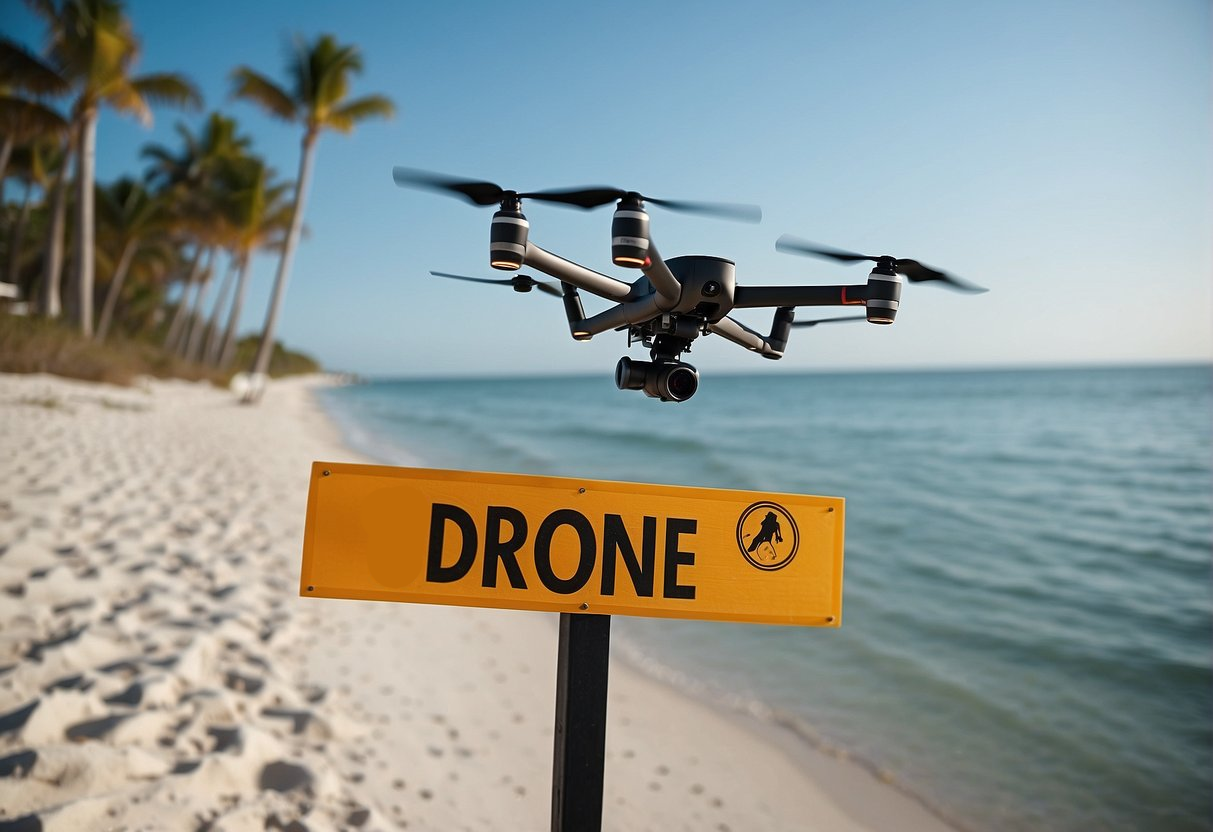Drone Laws in Florida: Everything You Need to Know
Drone laws in Florida are regulated by both federal and state laws, and it’s important to abide by them to avoid any legal consequences.
The Federal Aviation Administration (FAA) has established Part 107 rules that apply to all drone pilots in the United States, including Florida. These rules cover everything from drone registration to flying restrictions, and it’s important to follow them to avoid any legal trouble. Additionally, Florida has its own state-specific laws that drone pilots must follow. These laws cover everything from flying over private property to drone use by law enforcement agencies.
Overview of Drone Laws
Federal vs. State Regulations
The Federal Aviation Administration (FAA) is responsible for regulating airspace in the United States, including drone operations. This means that there are federal regulations that apply to drone use, regardless of the state you are in. However, states are allowed to create their own drone laws as long as they do not conflict with federal regulations.
State Drone Laws in Florida
According to the Florida Department of Transportation, drone operators must obtain a remote pilot certificate from the FAA to operate a drone for commercial purposes. Additionally, drones must be registered with the FAA if they weigh more than 0.55 pounds.
Florida law also prohibits the use of drones to capture images of private property without the owner’s consent. This includes both video and still images. Violating this law can result in fines and even criminal charges.
Local Drone Laws in Florida
Many cities and counties in Florida have their own drone laws in addition to state and federal regulations. For example, Pinellas County prohibits drone use on public property without a permit, while Miami-Dade Police Department requires drone operators to obtain a permit before flying in certain areas.
Drone Registration and Pilot Certification
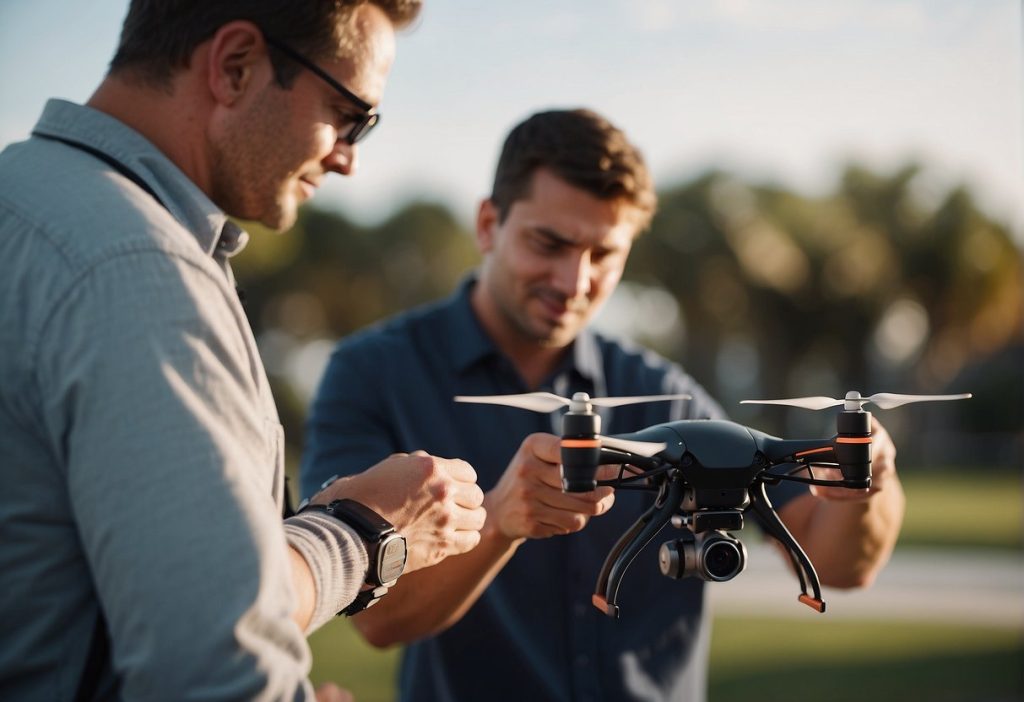
Remote Pilot Certificate Requirements
If you plan to fly a drone for commercial purposes in Florida, you need to obtain a remote pilot certificate. To obtain this certificate, you must pass the FAA’s Part 107 knowledge test. This test covers topics such as airspace classifications, weather patterns, and drone regulations. You can take this test at an FAA-approved testing center.
If you are a recreational drone pilot, you do not need a remote pilot certificate. However, you need to pass the Recreational UAS Safety Test before flying your drone. This test covers topics such as airspace rules, flight safety, and drone regulations. You can take this test online for free.
Registering Your Drone in Florida
All drones that weigh more than 0.55 pounds need to be registered with the FAA. To register your drone, you need to visit the FAA DroneZone website and follow the registration process. If you are a commercial drone pilot, you need to register your drone under Part 107. If you are a recreational drone pilot, you need to register your drone under the Recreational Flyer Program.
In addition to registering your drone with the FAA, you need to follow Florida’s drone regulations. For example, you cannot fly your drone over people or moving vehicles. You also cannot fly your drone higher than 400 feet above ground level without special permission.
Operational Rules for Drone Pilots
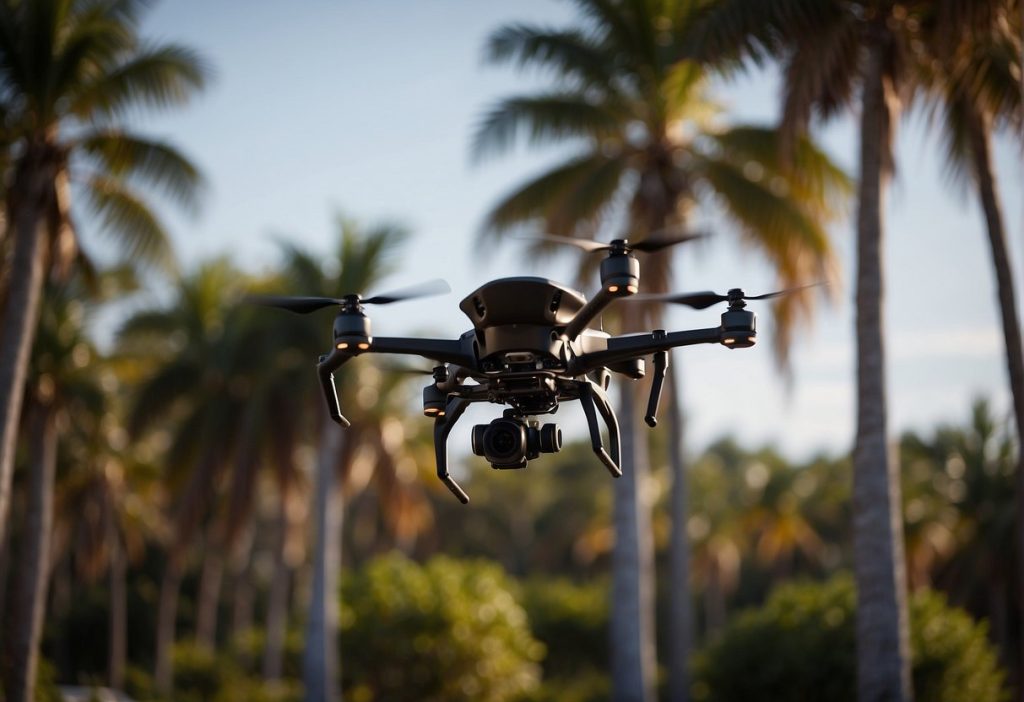
This section will cover the safety and conduct guidelines, privacy and property rights, and prohibited use of drones in Florida.
Safety and Conduct Guidelines
When operating a drone in Florida, it is important to follow safety guidelines to prevent endangering people, property, and other aircraft. The following are some safety and conduct guidelines to follow:
- Always fly your drone below 400 feet above ground level and within visual line-of-sight.
- Do not fly your drone near emergency response efforts such as fires or hurricanes.
- Respect the privacy of others and do not fly your drone over private property without permission.
- Do not fly your drone near airports or other areas where aircraft are operating.
- Do not operate your drone in a careless or reckless manner that could endanger people or property.
Privacy and Property Rights
As a drone pilot in Florida, it is important to respect the privacy and property rights of others. The following are some guidelines to follow:
- Do not fly your drone over private property without permission.
- Do not use your drone to spy on people or invade their privacy.
- Do not use your drone to harass or annoy others.
- Do not use your drone to damage or interfere with property.
Prohibited Use of Drones
In Florida, there are certain prohibited uses of drones that drone pilots should be aware of. The following are some prohibited uses of drones:
- Do not use your drone to interfere with law enforcement or emergency response efforts.
- Do not use your drone to deliver contraband or illegal items.
- Do not use your drone to hunt or fish.
- Do not use your drone to conduct surveillance on critical infrastructure such as power plants or government buildings.
Drone Usage by Law Enforcement
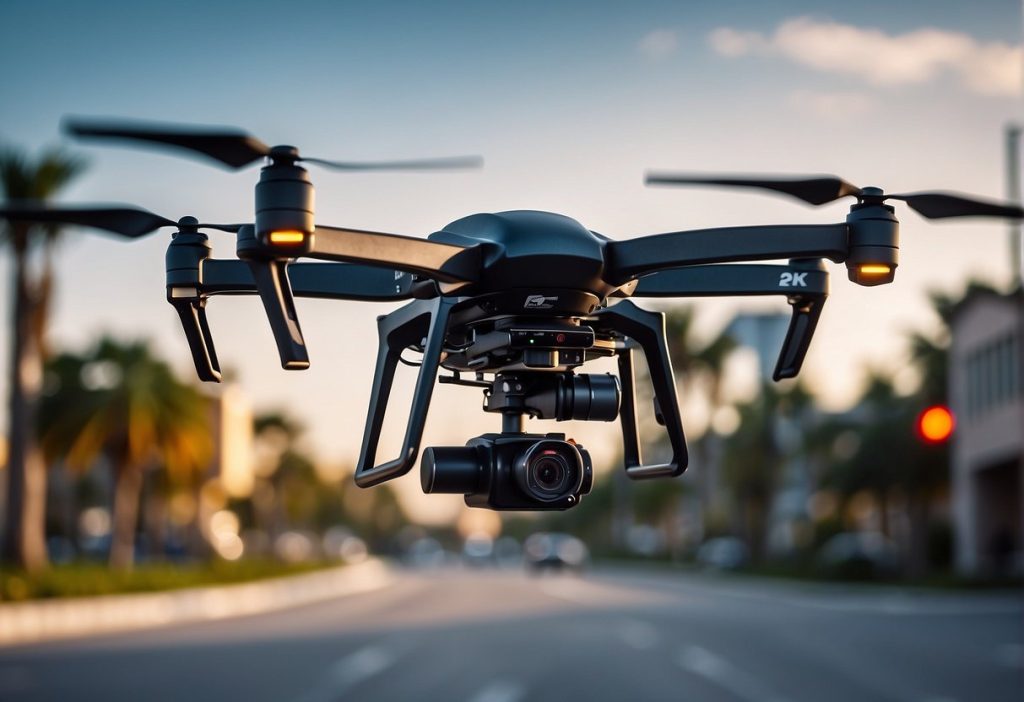
Drones have become a useful tool for law enforcement agencies in Florida, allowing them to gather evidence and conduct surveillance in a more efficient and cost-effective way. However, there are strict regulations in place to ensure that the use of drones by law enforcement agencies does not infringe on the privacy rights of citizens.
Surveillance and Evidence Gathering
Law enforcement agencies in Florida are allowed to use drones for surveillance and evidence gathering purposes, but only under certain circumstances. They must have a search warrant, or in some cases, reasonable suspicion that a crime is being committed, before they can use a drone for surveillance. Additionally, the use of drones for surveillance must not violate a person’s reasonable expectation of privacy.
Drones can be used to gather evidence in a variety of situations, such as during a search for a missing person, a search for a suspect who has fled the scene of a crime, or to document a crime scene. However, law enforcement agencies must follow strict guidelines to ensure that the use of drones does not violate the Fourth Amendment of the U.S. Constitution, which protects citizens from unreasonable searches and seizures.
Exceptions for Law Enforcement Agencies
There are exceptions to the search warrant requirement for law enforcement agencies in Florida when using drones. For example, they can use drones without a warrant in emergency situations, such as when searching for a missing person or responding to a natural disaster. Additionally, law enforcement agencies can use drones for training purposes without a warrant.
In 2021, the Florida Senate passed Senate Bill 44, which expanded the authorized uses of drones by law enforcement agencies and other specified entities for specified purposes. The bill requires the Department of Management Services to publish a list of approved drone manufacturers meeting specified security standards, and mandates that law enforcement agencies follow strict guidelines when using drones for surveillance and evidence gathering.
Special Circumstances and Exemptions
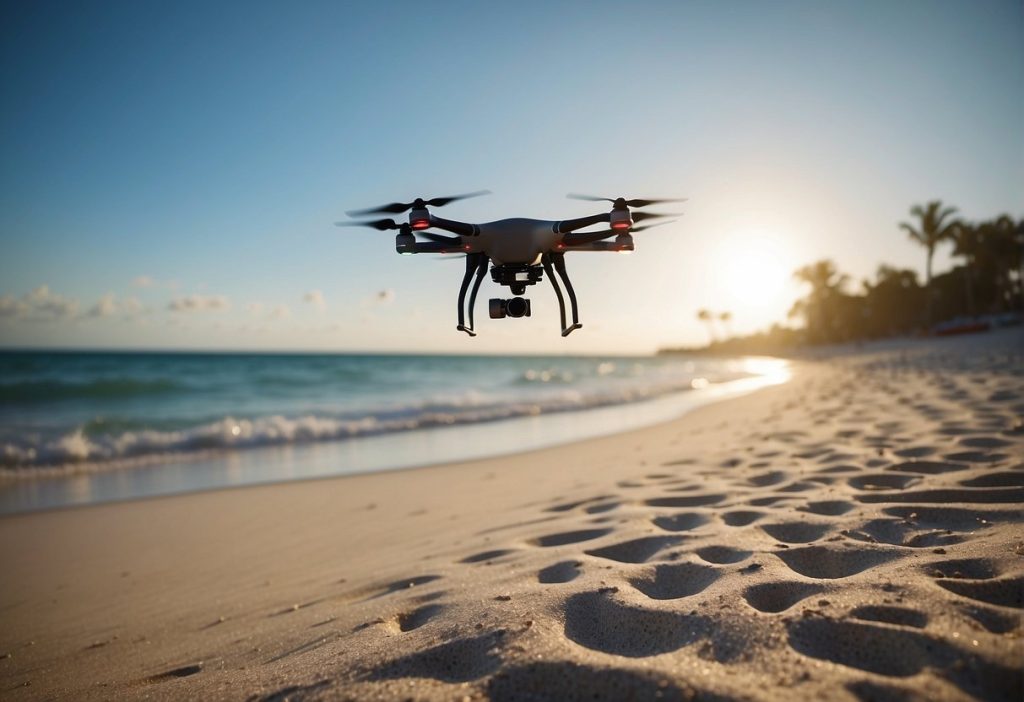
If you are operating a drone in Florida for a special circumstance, there may be exemptions to certain drone laws. Here are a few examples of special circumstances where exemptions may apply:
Search and Rescue Operations
If you are using a drone to assist in a search and rescue operation for a missing person or to help someone in imminent danger, you may be exempt from certain drone laws. However, you must still follow all FAA regulations and obtain any necessary permits or authorizations. It is important to note that drone operators should not interfere with any ongoing search and rescue operations.
Agriculture and Wildlife Management
The Department of Agriculture and Consumer Services and the Fish and Wildlife Conservation Commission may use drones for vegetation or wildlife management. If you are using a drone for these purposes, you may be exempt from certain drone laws. However, you must still follow all FAA regulations and obtain any necessary permits or authorizations.
It is important to note that these exemptions may not apply in all situations. Always check with the FAA and any other relevant authorities before operating a drone in a special circumstance. Remember to prioritize safety and follow all regulations to ensure a successful and safe operation.
Drone Laws in Specific Florida Locations
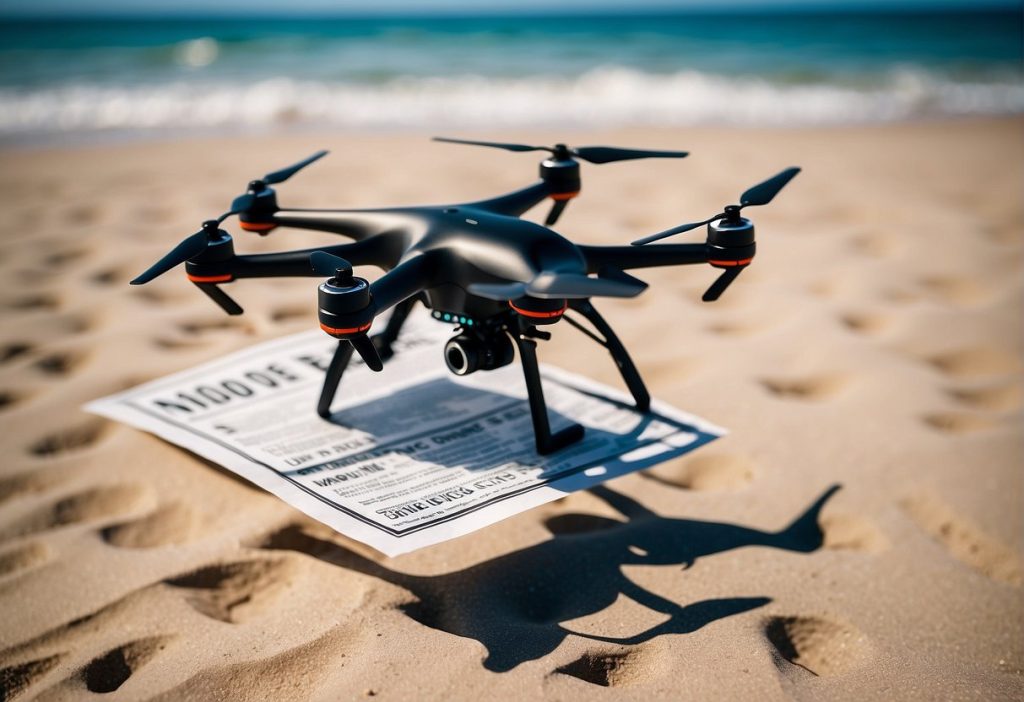
Drone Laws in Miami
Miami is one of the most popular tourist destinations in Florida. If you plan to fly your drone in Miami, there are a few things you need to know. According to the Miami Drone Regulations, you cannot fly your drone above 400 feet, and you must obtain a permit from the city if you plan to fly your drone in a public park. Additionally, you cannot fly your drone over a crowd of people or near an airport.
Drone Laws in Orlando
Orlando is home to some of the biggest theme parks in the world, making it a popular destination for drone enthusiasts. However, there are strict regulations in place to ensure the safety of visitors. According to the Orlando Drone Regulations, you cannot fly your drone within 5 miles of an airport or above 400 feet. Additionally, you cannot fly your drone over a crowd of people or near emergency response efforts.
Drone Laws in Pinellas County
Pinellas County is located on the west coast of Florida and is known for its beautiful beaches and parks. According to the Pinellas County Drone Regulations, you cannot fly your drone over 400 feet or within 5 miles of an airport. Additionally, you cannot fly your drone over a crowd of people or near emergency response efforts.
It is important to note that each city and county in Florida may have its own drone laws. Before flying your drone in Florida, make sure to check the regulations for the specific location you plan to fly in.
Legal Consequences and Penalties
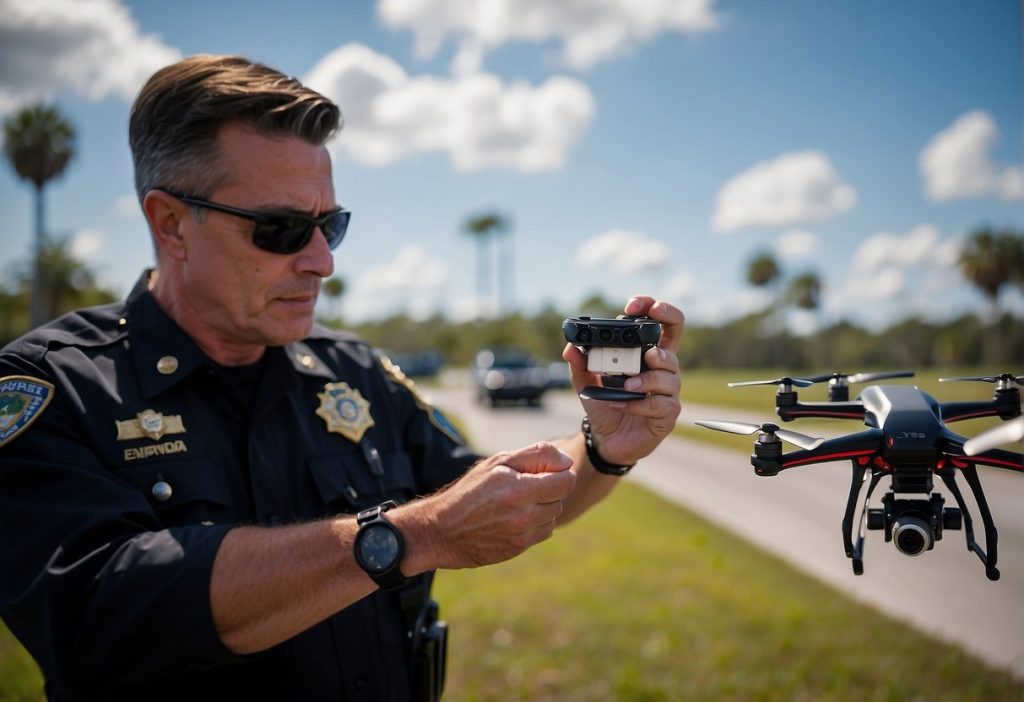
If you violate any drone laws in Florida, you may face legal consequences and penalties.
Violations and Civil Actions
If you violate any drone laws in Florida, you may face civil actions. Civil actions can include fines, damages, and injunctive relief. The amount of the fine will depend on the severity of the violation. For example, if you fly your drone in a no-fly zone, you may face a fine of up to $27,500. In addition to fines, you may also be required to pay damages if you cause any property damage or personal injury.
Amendments and Changes to Law
Drone laws in Florida are subject to change. It’s important to stay up-to-date with any amendments or changes to the law. For example, in January 2022, the Florida Department of Management Services collaborated with the state chief information officer to publish a list of approved drone manufacturers that government agencies may buy drones from. This amendment may affect drone manufacturers and government agencies that purchase drones.
Resources and Further Reading
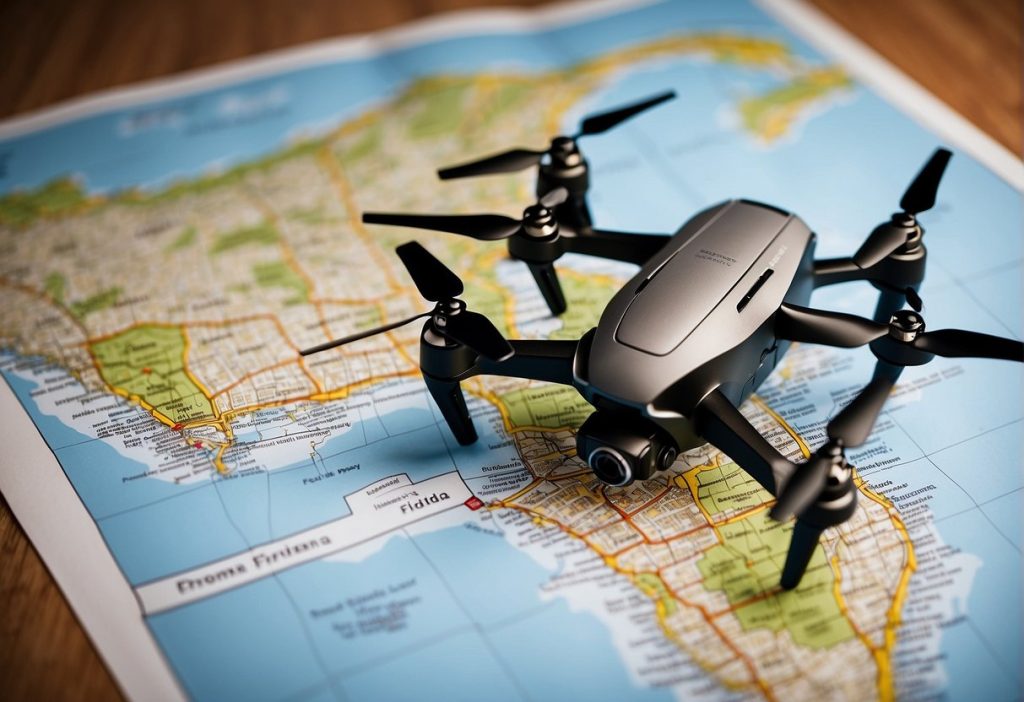
Now that you have a basic understanding of drone laws in Florida, you may want to do some further reading to make sure you are in compliance with all relevant regulations. Here are some resources that may be helpful:
- Freedom from Unwarranted Surveillance Act: This act prohibits the use of drones to gather evidence or conduct surveillance, with certain exceptions. If you are interested in learning more about this act and how it may impact your drone operations.
Senate Bill 766: This bill defines what a drone is and limits the use of drones by law enforcement. Under this law, law enforcement may use a drone if they obtain a warrant, there is a terrorist threat, or “swift action” is needed to prevent loss of life or to search for a missing person.
Florida Administrative Code 5I-4.003: This code outlines the requirements for obtaining a commercial drone license in Florida. If you are interested in flying drones commercially in Florida, you should read this code carefully to ensure that you are in compliance with all relevant regulations.
Florida Administrative Code 40C-9.320: This code outlines the rules and regulations for flying drones in Florida’s state parks. If you are interested in flying your drone in one of Florida’s beautiful state parks, you should read this code carefully to ensure that you are in compliance with all relevant regulations.
- While drone laws usually make sense, you might want to also check the weirdest laws in Florida.

I am a father of a 2 energetic boys. If one of them accidently sleeps past 6am, the other one make sure he will wake up. Traveling is our favorite activity as a family and we try to do it almost every time school is out. Our favorite location is Florida (coming from Baltimore the warm weather is usually a blessing).
